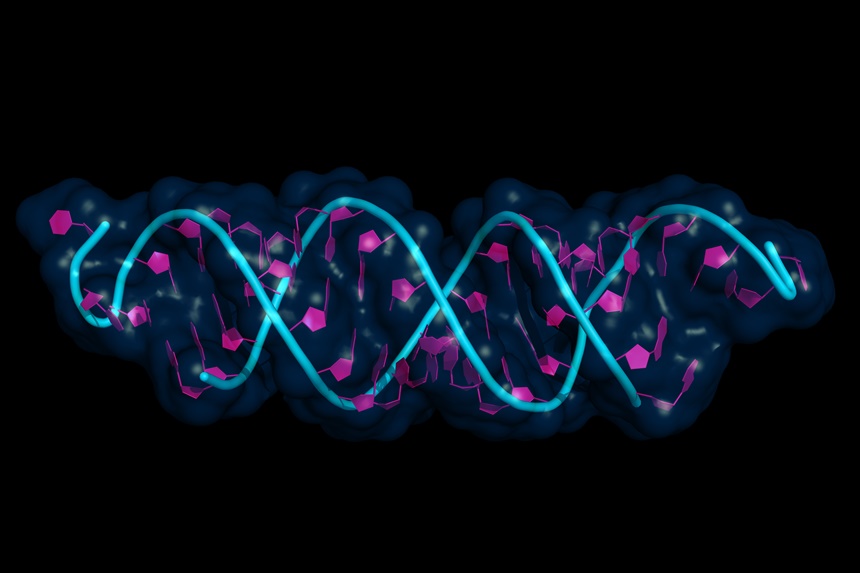“Your Health Checkup” is our online column by Dr. Douglas Zipes, an internationally acclaimed cardiologist, professor, author, inventor, and authority on pacing and electrophysiology. Dr. Zipes is also a contributor to The Saturday Evening Post print magazine. Subscribe to receive thoughtful articles, new fiction, health and wellness advice, and gems from our archive.
Order Dr. Zipes’ new book, Damn the Naysayers: A Doctor’s Memoir.
As is sometimes the case, “old wives’ tales” may contain a whisper of truth.
Many families have curious notions. Growing up, when I behaved in a certain way, my mother would say, “You inherited that from your Uncle Harry,” or whoever’s behavior I was mirroring. My grandmother often repeated the belief that a mother’s fright during pregnancy could affect the baby.
My college genetics course convinced me that my mother and grandmother were wrong. I learned I could not inherit acquired behavior. I inherited genes from my mother and father in which the DNA was permanent, unchanging, and could not be influenced by external environmental events, such as Uncle Harry’s behavior. Similarly, a baby, already conceived, could not be impacted by an event that frightened the mother.
It turns out my mother and grandmother may have been right after all. Acquired behavior can be inherited.
This involves the science of epigenetics, the study of changes in organisms caused by modification of gene expression rather than alteration of the genetic code itself. For example, an environmental event like trauma can leave its mark, not on the DNA directly, but on regulatory processes that modulate how the gene works and how it assembles various proteins that can alter health and behavior.
A recent study found that male children of abused Civil War prisoners were about ten percent more likely to die after middle age than children of parents who were not POWs. Individuals exposed in the womb to famine during the Dutch Hunger Winter in 1944-1945 had a particular chemical alteration, or epigenetic change, noted on one of their genes six decades later that affected their health.
Thus, it may be that parental stress prior to, or even after, conception can impact the sperm, egg, or a developing fetus to influence. If the impact of such traumatic events can be inherited, it might be operative in children and grandchildren of survivors of traumatic events such as the Holocaust, 9/11, fire, poverty, earthquakes, and tsunamis.
Scientists have questioned the validity of some of these conclusions, particularly those relying on epidemiologic interpretations. However, data from well controlled studies are hard to challenge.
For example, in one such study, scientists exposed male mice to the smell of cherry blossoms while delivering mild electric shocks to their feet. Predictably, the mice exhibited fear whenever they subsequently smelled cherry blossoms. Two weeks later, the mice were bred, and their offspring were raised to adulthood never smelling cherry blossoms. When the offspring smelled cherry blossoms for the first time as adults, they became anxious and fearful. They could even detect lesser amounts of the cherry blossom odor in the air than their parents. When the first-generation mice bred, their offspring exhibited a similar reaction, establishing that fear from a single acquired traumatic experience could be transmitted across at least two generations. Artificially inseminated females using the sperm from the original fear-conditioned mice to eliminate any socially transmitted effects between the parents resulted in the same responses.
In another series of experiments, male rat offspring of fathers exposed to cocaine ingested less drug than did rats whose fathers were never exposed to cocaine, again establishing that environmental perturbations can impact the behavior of descendants, perhaps in this example as a protective mechanism.
These observations have convinced me that the impact of an acquired experience can be inherited. Maybe I was genetically programmed to act like Uncle Harry.
Featured image: Shutterstock
Become a Saturday Evening Post member and enjoy unlimited access. Subscribe now



